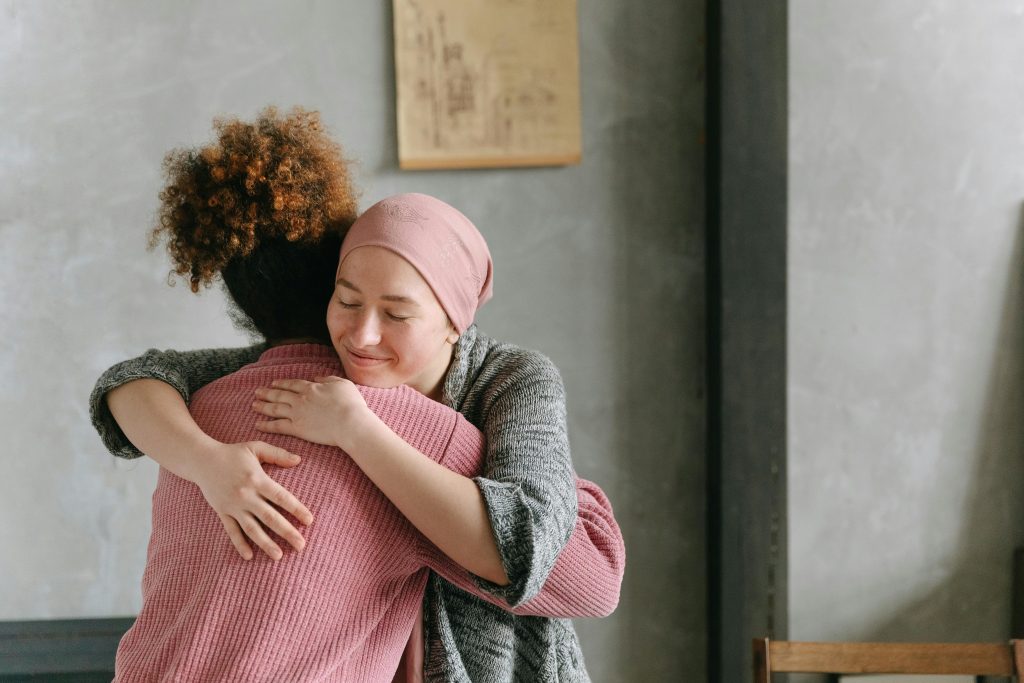Endometriosis and polycystic ovary syndrome (PCOS) are disorders that affect women of reproductive age. Both conditions can cause menstrual issues, which can lead to heavy bleeding and challenges falling pregnant.
Endometriosis is linked to excess oestrogen, a female hormone, while PCOS is caused by excess androgens, which are male hormones. Both conditions can also be present at the same time and require different treatments.
Let’s explore the differences and how to tell if you’re dealing with PCOS or endometriosis.
PCOs or Endometriosis: What Are The Differences?
Let’s start with PCOS
PCOS is a genetic, hormonal, metabolic, and reproductive disorder that affects 5-10% of women which can also contribute to infertility. It is caused by an imbalance in reproductive hormones, which leads to problems in the ovaries. The ovaries are crucial to a healthy menstrual cycle, so PCOS is connected to complications with ovulation and irregular menstruation. Due to irregular periods caused by PCOS, other problems like potential infertility and the development of cysts could follow.
Doctors and scientists aren’t clear about what causes PCOS, but various factors play a role in its development.
Although PCOS is among the most common causes of infertility, it’s still possible to become pregnant. People with PCOS can discuss methods that help with ovulation and increase the chances of becoming pregnant with their chosen reproductive healthcare provider.
Common signs and symptoms of PCOS include:
- Irregular periods
- Excess facial and body hair
- Severe acne
- Small cysts in the ovaries
- Insulin resistance
- Anxiety and depression
- Infertility
- Weight gain
- Male pattern baldness
Let’s talk about endometriosis
The tissue that lines the uterus is called the endometrium. Endometriosis happens when tissue similar to the endometrium grows in other parts of the body. The condition is associated with high levels of oestrogen which is responsible for uterine tissue growth.
Endometriosis typically affects reproductive organs, such as outside the uterus, fallopian tubes and ovaries. The tissue can thicken and bleed during the menstrual cycle, like the tissue in the uterus. This can cause pain, inflammation and lead to infertility.
Common signs and symptoms of endometriosis include:
- Painful periods (dysmenorrhea)
- Pain with intercourse
- Pain with bowel movements or urination
- Excessive bleeding
- Infertility
- Other signs and symptoms
Whether you have PCOs or Endometriosis, it is best to connect with your reproductive health specialist for treatment and care. You can find registered providers on the Zoie Health platform who can care for you.










One Response